By Sagarika (Student Blogger: MSc Human Resource Management)

Do the words ‘ESSAY’, ‘SUBMISSIONS’ and ‘GRADES’ scare you? Some might say ‘Oh no!’ but for some it might be ‘Ah, a piece of cake’.
For the first essay I had to submit, I honestly had mixed feelings. I think I was well versed with what the question was asking me to do and how I was going to structure my essay. I was confident on what I wanted to put forth and how I would convey my analysis on it. In my opinion, the essay turned out well and I was happy that I gave it my best.
Of course, I had after thoughts and dilemmas once I’d submitted the essay. I’m sure you guys have also gone through such a phase at some point in your life. But I was trying to calm down and compose myself thinking – “it was fine, you did what you had to do to the best of your ability and now all you can hope for is the result to be positive”.
And just like that time passed by keeping my thoughts engaged in other classes and modules. But Ta Da! Our professor told us that the results would be out next week, which resumed my stress.
We had our class feedback one day before our results came-up. And this scared all of us a bit more than we already were. Have you ever experienced this feeling when people were talking in general, but it felt like everything was being pointed at you? Ah yes! That’s what I felt sitting in the class with my classmates hearing the general feedback. Every flaw seemed like it was mine, everything that could go wrong sounded like my essay.
Oh, but wait, the result hasn’t even come yet
. So I had to put my stress and tension aside. I was trying to hope for the best result and hoping tomorrow would be a good day.
Finally, the RESULTS DAY had arrived. And BOOM! The result was in no comparison to my expectation. Oh wait, you must be thinking it was something more than what I was expecting, right? Naah. I wish it was that. But NO, it was completely disappointing to me. I have always been a A/B slider in all my academic life and now I was nowhere compared to it. Stress, anxiety, depression, tension, frustration, irritation was all that I was feeling.
It took me to time to accept that this is my score, and it is not where I wanted it to be. I needed to work hard to make sure I improved for next time. I tried to reach out to few of my class mates for help and I also accessed the Learning Development team for more insights on how I could make my essay writing bett
er.
Things change, life changes. It is not what you always expect. For a high flying student like me, it was a shock. But what really matters, is how you overcome the challenging times. How you try to improve yourself to get back to being your best. And right now, that is what I’m working on.
I know many of you might have faced this or may panic after reading my story. But hey! It’s me not you! You may be totally shocked by your result in a positive way, but if you are facing what I am, let me tell you there’s always help and scope for improvement. I know you might be disheartened like I am. But there is light at the end of the tunnel. Work on it and you will achieve it.

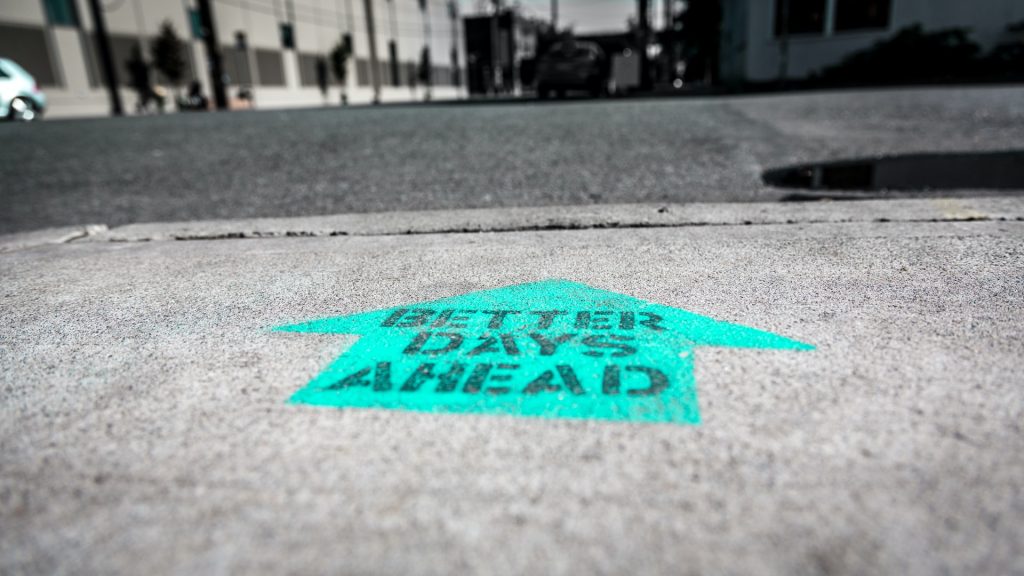
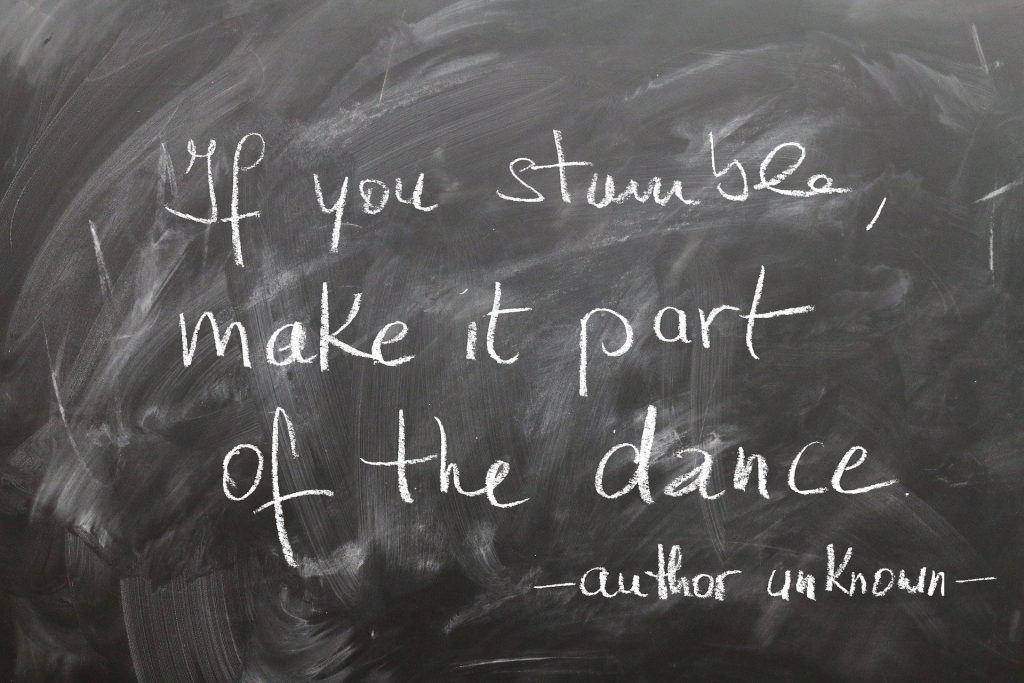 By Manuella (Student blogger: Economics and International Relations)
By Manuella (Student blogger: Economics and International Relations)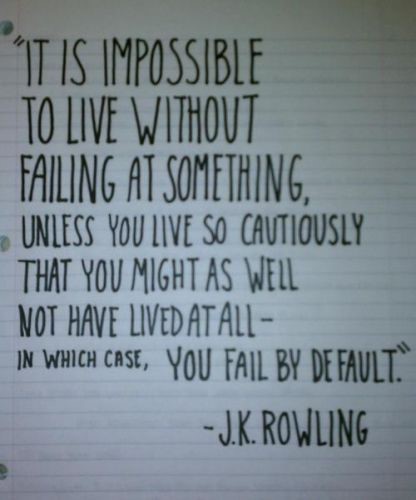
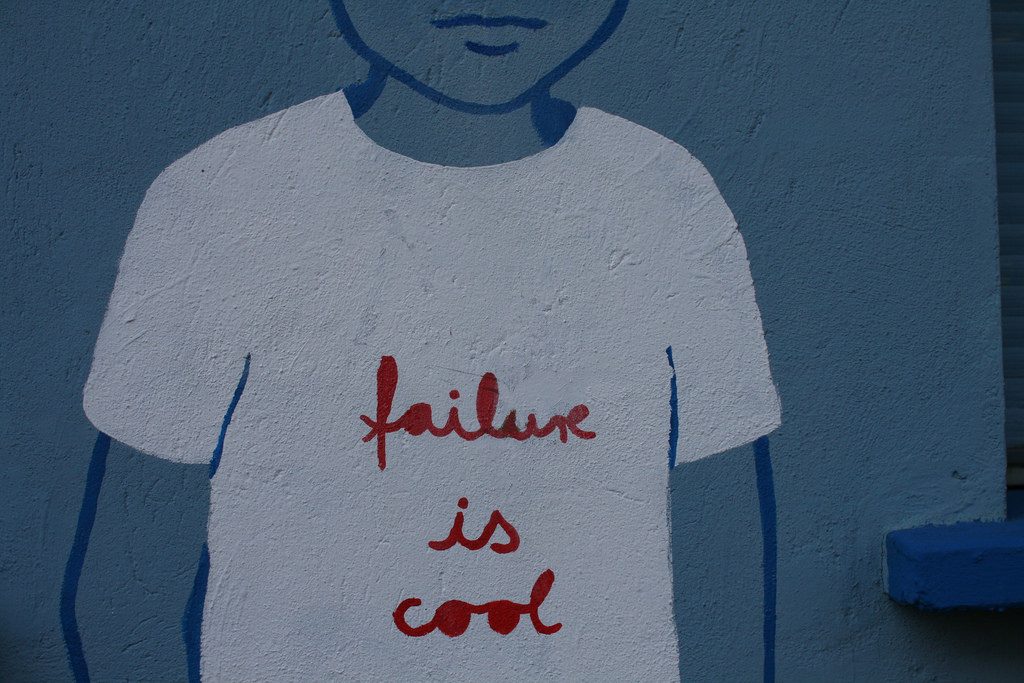
 We can help each other to overcome failure by being supportive during times of hardship. This can be as little as offering to make your flatmate a brew if they’re working hard, or listening to their troubles if you know they are struggling. If you are in the same course, it can be useful to compare your work post-grading so you can learn not only from your own academic failures, but those of others too. By sharing our stories we can improve together.
We can help each other to overcome failure by being supportive during times of hardship. This can be as little as offering to make your flatmate a brew if they’re working hard, or listening to their troubles if you know they are struggling. If you are in the same course, it can be useful to compare your work post-grading so you can learn not only from your own academic failures, but those of others too. By sharing our stories we can improve together.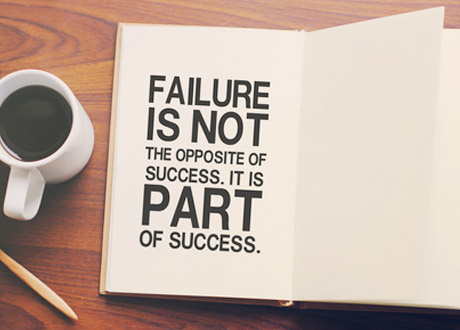 by Anna (Student Blogger: BA Hons French and Linguistics)
by Anna (Student Blogger: BA Hons French and Linguistics)